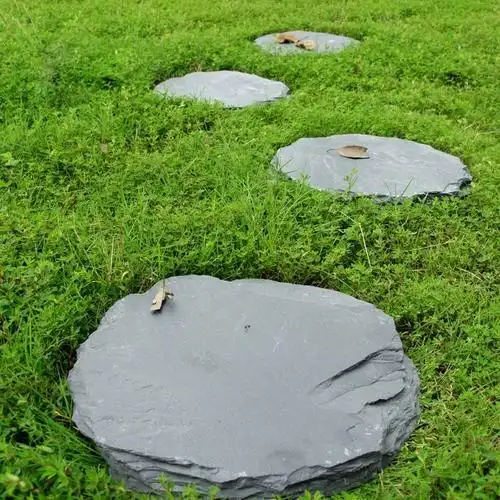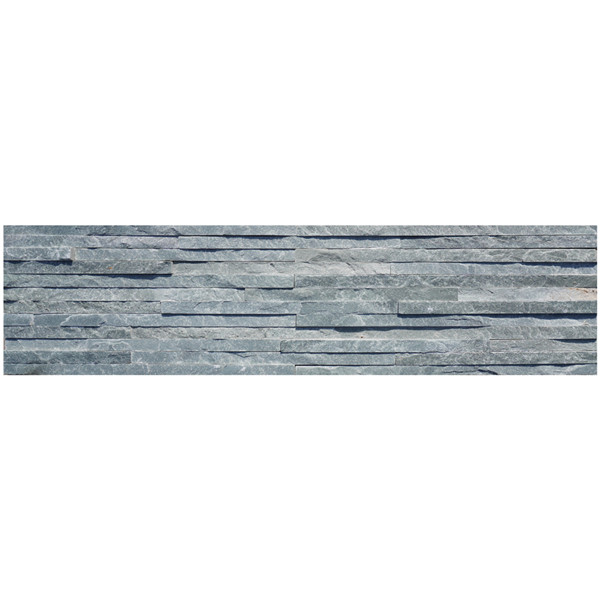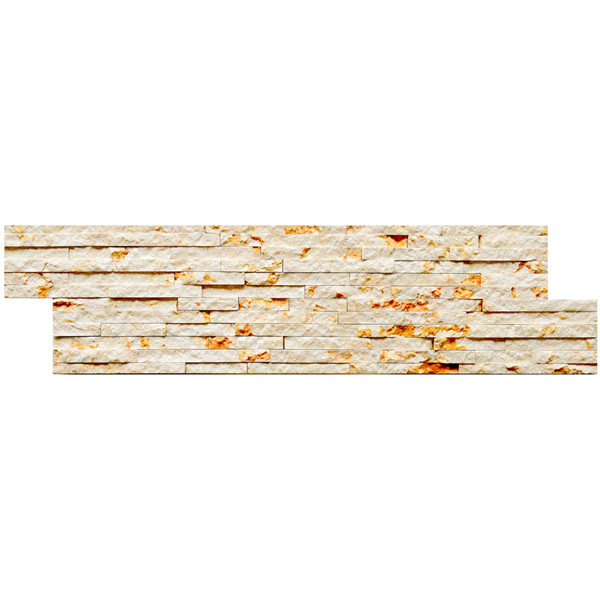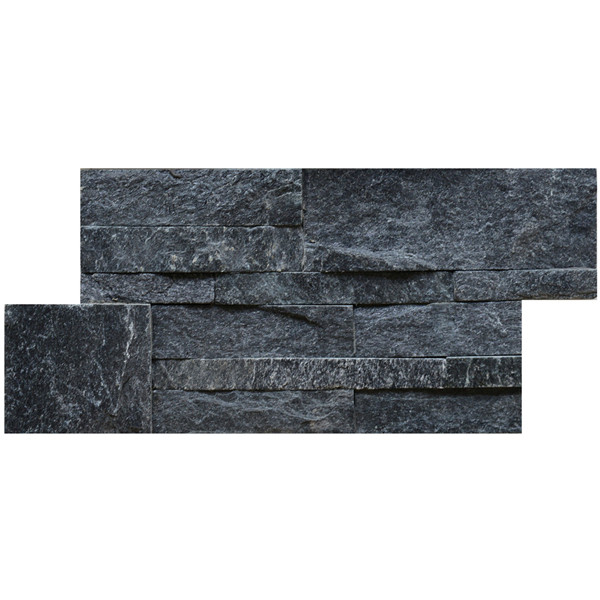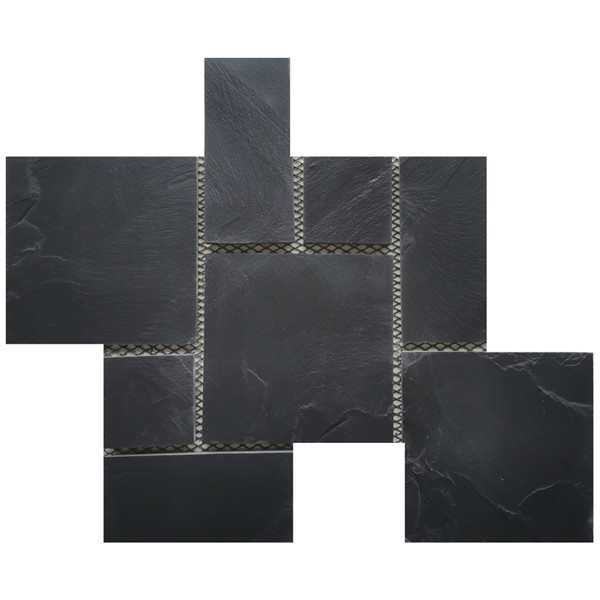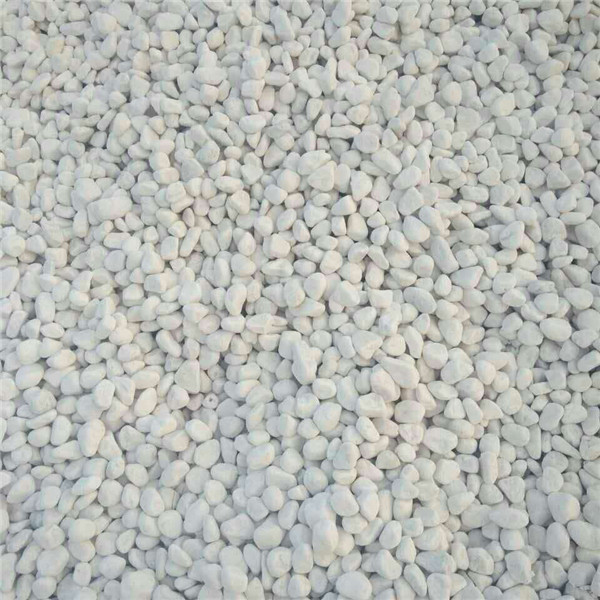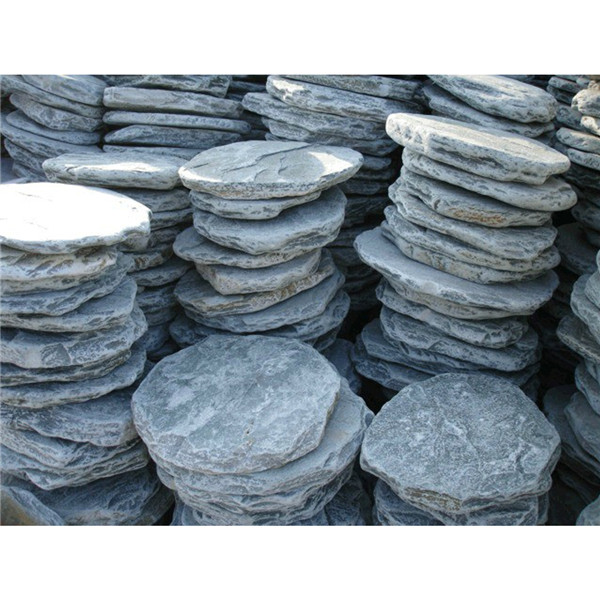Table of Contents
Toggle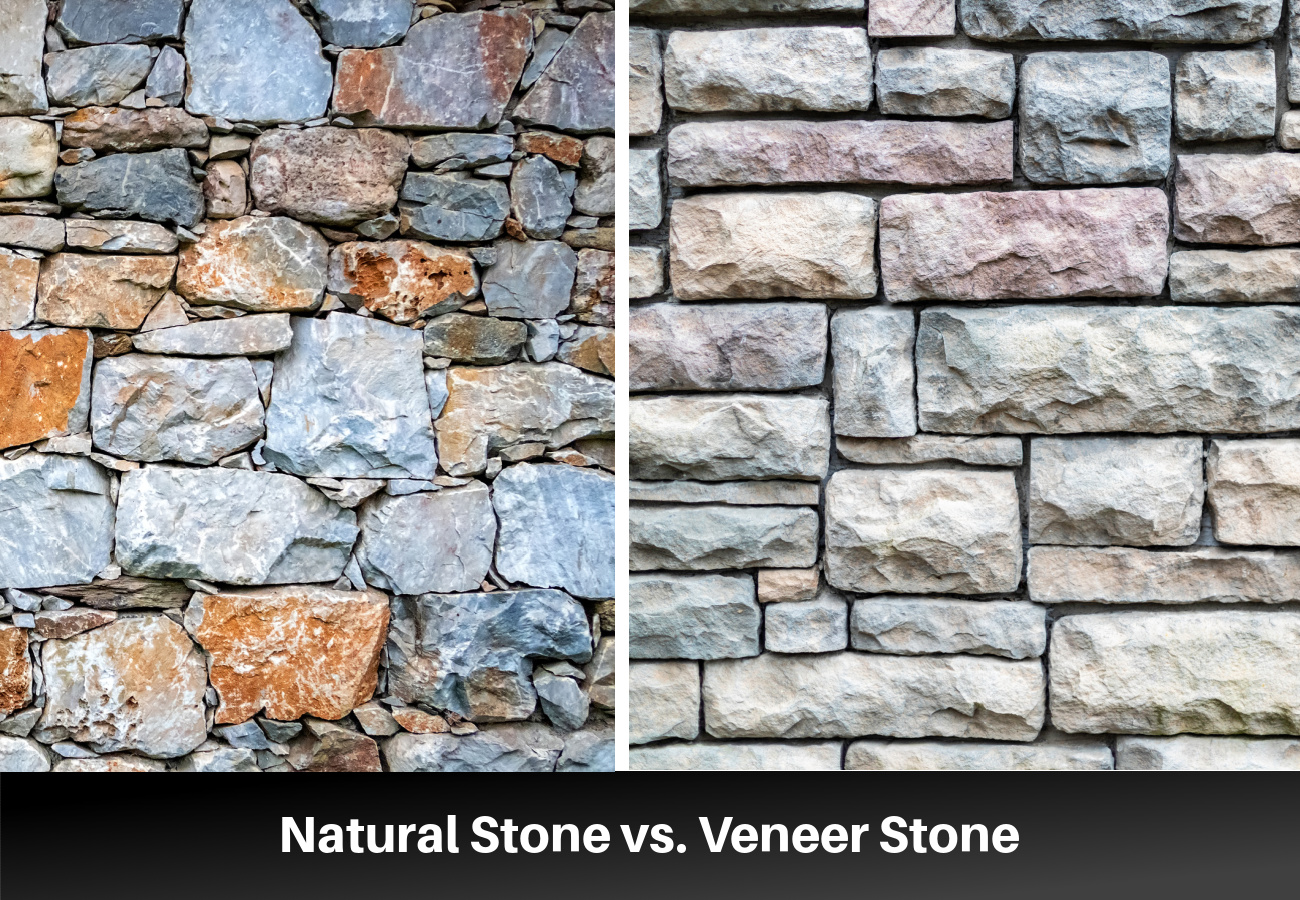
When it comes to imbuing spaces with timeless charm and rugged elegance, few materials can match the allure of stone masonry. From ancient citadels to modern architectural marvels, the captivating allure of stone has withstood the test of time. However, as design trends evolve and construction techniques advance, homeowners and builders alike face a pivotal decision: veneer stone or natural stone? In this comprehensive guide, we delve into the intricacies of these two materials, exploring their unique characteristics, advantages, and drawbacks, to help you make an informed choice for your next project.
Understanding the Essence of Stone Masonry
Stone masonry is an age-old art form that has graced the landscapes of civilizations for millennia. Quarried from the depths of the earth, natural stone is a testament to the raw power and beauty of nature. Each piece is a unique masterpiece, sculpted by the forces of time and geological processes, bearing the indelible marks of its origin. From the rugged texture of fieldstone to the elegant veining of marble, natural stone exudes an authenticity that captivates the senses.
In contrast, veneer stone, also known as manufactured stone or cultured stone, is a man-made creation designed to emulate the appearance of natural stone. Crafted from a blend of concrete, aggregates, and pigments, veneer stone is molded and colored to mimic the intricate patterns and hues found in nature. This innovative material offers a more cost-effective and lightweight alternative to its natural counterpart, making it an attractive option for those seeking the aesthetic appeal of stone without the associated weight and expense.
Unveiling the Allure: Aesthetic Considerations
Natural Stone: A Tapestry of Timeless Beauty
Natural stone is a true embodiment of nature’s artistry, with each piece bearing its own unique story etched into its surface. From the warm, earthy tones of sandstone to the cool, sophisticated elegance of slate, the color palette of natural stone is a symphony of organic hues. The inherent variations in texture, veining, and mineral composition create a captivating depth and richness that is simply unmatched.
Moreover, natural stone possesses an innate character that evolves over time, developing a patina that only adds to its charm. This living quality ensures that no two installations are ever truly alike, imbuing each space with a distinct and irreplaceable character.
Veneer Stone: A Convincing Imitation with Versatility
While veneer stone may not possess the same level of authenticity as its natural counterpart, modern manufacturing techniques have made it possible to create remarkably convincing replicas. Through the artful application of pigments and the meticulous crafting of molds, veneer stone can mimic the intricate patterns, textures, and hues found in nature with stunning accuracy.
One of the key advantages of veneer stone is its versatility. Manufacturers offer a vast array of colors, styles, and finishes, allowing homeowners and designers to tailor the material to their specific aesthetic preferences. From the rugged charm of stacked stone to the sleek sophistication of contemporary designs, veneer stone can adapt to virtually any aesthetic vision.
Durability and Longevity: Withstanding the Test of Time
When it comes to longevity and durability, natural stone stands as a formidable contender. Forged by the relentless forces of nature over eons, natural stone is renowned for its resilience and ability to withstand the elements. Whether exposed to the harsh rays of the sun, the biting chill of winter, or the relentless onslaught of wind and rain, natural stone endures with an unwavering strength that few materials can match.
Properly installed and maintained, natural stone installations can easily outlast generations, retaining their beauty and structural integrity for decades, if not centuries. This enduring quality not only enhances the value of a property but also serves as a testament to the timeless appeal of natural stone masonry.
While veneer stone is designed to be durable and low-maintenance, it may not possess the same level of longevity as its natural counterpart. Over time, exposure to the elements can cause fading, discoloration, or even deterioration, particularly in harsh climates or environments with extreme temperature fluctuations. Proper installation and maintenance are crucial to ensuring the longevity of veneer stone installations.
Cost and Installation Considerations
Natural Stone: An Investment in Enduring Quality
Undoubtedly, one of the primary considerations when choosing between natural stone and veneer stone is cost. Natural stone is typically more expensive than its manufactured counterpart, owing to the labor-intensive process of quarrying, cutting, and shaping each piece. Additionally, the scarcity and demand for certain types of natural stone can further drive up costs.
However, it is essential to view the cost of natural stone as an investment in enduring quality and long-term value. While the initial outlay may be higher, the longevity and timeless appeal of natural stone can ultimately offset the upfront costs, making it a wise choice for those seeking a lasting and valuable addition to their property.
Installation of natural stone is a skilled craft that requires the expertise of experienced masons. The weight and irregular shapes of natural stone necessitate careful planning and execution to ensure structural integrity and aesthetic appeal. While this can contribute to higher installation costs, it also guarantees that the installation will stand the test of time, preserving the beauty and value of the natural stone masonry.
Veneer Stone: An Affordable Alternative with Ease of Installation
One of the primary advantages of veneer stone is its affordability. By leveraging modern manufacturing techniques and readily available materials, veneer stone can offer a cost-effective alternative to natural stone, making it accessible to a broader range of homeowners and builders.
Furthermore, the lightweight nature of veneer stone simplifies the installation process, reducing the need for specialized equipment and labor. Many veneer stone products are designed for easy installation, with pre-cut pieces and straightforward application methods that can even accommodate do-it-yourself projects.
While the initial cost savings of veneer stone may be appealing, it is crucial to consider the potential long-term maintenance and replacement costs. As mentioned earlier, veneer stone may not possess the same level of durability and longevity as natural stone, potentially requiring more frequent upkeep or replacement over time.
Environmental Considerations: Embracing Sustainable Practices
In an era where environmental consciousness is paramount, it is essential to consider the ecological impact of the materials we choose for our projects. Natural stone, being a product of the earth, is inherently eco-friendly and sustainable. The quarrying process, when conducted responsibly, minimizes environmental disruption and ensures that the natural landscape is preserved.
Moreover, natural stone is a renewable resource, with quarries continually replenishing their stocks through geological processes. This cyclical nature ensures that natural stone masonry is a sustainable choice for generations to come.
While veneer stone is generally considered more environmentally friendly than its natural counterpart due to its manufacturing process, it is essential to consider the sourcing and production methods employed by different manufacturers. Responsible manufacturers prioritize sustainable practices, minimizing waste and utilizing eco-friendly materials and processes.
Maintenance and Care: Preserving the Beauty
Natural Stone: Timeless Elegance with Minimal Upkeep
One of the most appealing aspects of natural stone is its low-maintenance nature. With proper installation and periodic cleaning, natural stone installations can retain their beauty and integrity for decades. Regular sweeping or vacuuming and occasional cleaning with mild, pH-neutral cleaners is often sufficient to maintain the pristine appearance of natural stone masonry.
It is essential to avoid harsh chemicals or abrasive cleaning methods, as these can potentially damage or etch the surface of the stone, compromising its appearance and longevity. Additionally, sealing natural stone surfaces can help protect against staining and moisture absorption, further enhancing their durability and ease of maintenance.
Veneer Stone: Effortless Upkeep, with Precautions
Veneer stone is designed to be low-maintenance, requiring minimal effort to preserve its aesthetic appeal. Regular cleaning with a soft-bristled brush or mild detergent solution is typically sufficient to remove dirt, debris, and surface stains.
However, it is crucial to exercise caution when cleaning veneer stone, as the use of harsh chemicals or high-pressure washing can potentially damage the surface or cause discoloration. Additionally, some veneer stone products may be susceptible to fading or discoloration over time due to exposure to sunlight or other environmental factors, necessitating periodic resealing or recoloring.
Versatility and Design Possibilities
Natural Stone: A Canvas for Timeless Elegance
Natural stone is a versatile material that lends itself to a wide range of design possibilities, from traditional to contemporary. Its inherent beauty and timeless appeal make it a perfect choice for both interior and exterior applications, including flooring, wall cladding, countertops, fireplaces, and landscaping features.
The unique textures, colors, and patterns found in natural stone allow designers and homeowners to create truly one-of-a-kind spaces that exude warmth, character, and sophistication. Whether it’s the rustic charm of fieldstone or the sleek elegance of marble, natural stone offers a wealth of options to bring your design vision to life.
Veneer Stone: Unleashing Creativity with Customization
While veneer stone may not possess the same level of authenticity as natural stone, it offers unparalleled versatility and customization options. Manufacturers can create veneer stone products in virtually any color, texture, or pattern, allowing designers and homeowners to tailor the material to their specific aesthetic preferences.
From the rugged appeal of stacked stone to the sleek sophistication of contemporary designs, veneer stone can adapt to a wide range of architectural styles and design themes. Additionally, the lightweight nature of veneer stone allows for greater flexibility in application, enabling unique installations that may not be feasible with natural stone.
Architectural Integration: Seamless Harmony
Natural Stone: A Timeless Complement to Any Style
Natural stone has been a cornerstone of architectural design for centuries, seamlessly blending with a variety of architectural styles and aesthetic sensibilities. Its timeless appeal and organic beauty make it a perfect complement to both traditional and modern design elements, creating a harmonious fusion of form and function.
Whether incorporated into grand entryways, stately columns, or intricate masonry details, natural stone adds a sense of grandeur and permanence to any structure. Its ability to seamlessly integrate with other materials, such as wood, metal, and glass, further enhances its versatility and design potential.
Veneer Stone: Achieving Cohesive Aesthetics with Ease
While veneer stone may not possess the same level of historical significance as natural stone, its versatility and customizability make it a compelling choice for achieving cohesive aesthetics in modern architectural designs. The ability to tailor the color, texture, and pattern of veneer stone allows for seamless integration with a wide range of building materials and design elements.
Additionally, the lightweight nature of veneer stone facilitates its application in both interior and exterior settings, enabling a consistent aesthetic throughout a structure. This cohesive design approach not only enhances the overall visual appeal but also contributes to a sense of harmony and continuity within the built environment.
Resale Value and Investment Potential
Natural Stone: A Timeless Investment with Enduring Value
Natural stone is widely regarded as a premium material that adds significant value to a property. Its timeless appeal, durability, and scarcity contribute to its enduring value, making it a wise investment for homeowners and builders alike.
Properties featuring natural stone masonry often command higher resale values and attract discerning buyers who appreciate the beauty, craftsmanship, and longevity of this material. Additionally, the low-maintenance nature of natural stone ensures that its value is preserved over time, minimizing the need for costly repairs or replacements.
Veneer Stone: An Affordable Alternative with Potential Appreciation
While veneer stone may not possess the same level of inherent value as natural stone, it can still contribute to the overall appeal and resale potential of a property. As a cost-effective alternative, veneer stone allows homeowners and builders to achieve the desired aesthetic without the significant upfront investment required for natural stone.
As design trends evolve and the demand for stone-inspired aesthetics continues to grow, well-executed veneer stone installations may appreciate in value, particularly if they are expertly crafted and maintained. Additionally, the versatility and customization options offered by veneer stone can enhance the marketability of a property, appealing to a broader range of potential buyers.
Conclusion: Embracing the Timeless Allure of Stone Masonry
Whether you choose the enduring beauty of natural stone or the versatile charm of veneer stone, one thing is certain: stone masonry remains a timeless and captivating choice for any architectural or design project. Each material offers its own unique advantages and considerations, and the decision ultimately rests on your specific needs, preferences, and budget.
Natural stone is a true investment in enduring quality, offering unparalleled authenticity, durability, and timeless appeal. Its organic beauty and inherent character are unmatched, making it a perfect choice for those seeking a lasting and valuable addition to their property.
On the other hand, veneer stone presents an affordable and versatile alternative, allowing homeowners and builders to achieve the desired aesthetic without the significant upfront investment required for natural stone. Its customizability and ease of installation make it a compelling choice for those seeking a cost-effective solution that still captures the essence of stone masonry.
Ultimately, the choice between natural stone and veneer stone is a deeply personal one, guided by your design vision, budget constraints, and long-term goals. Whether you opt for the timeless elegance of natural stone or the versatile charm of veneer stone, one thing is certain: the enduring allure of stone masonry will continue to captivate and inspire for generations to come.




